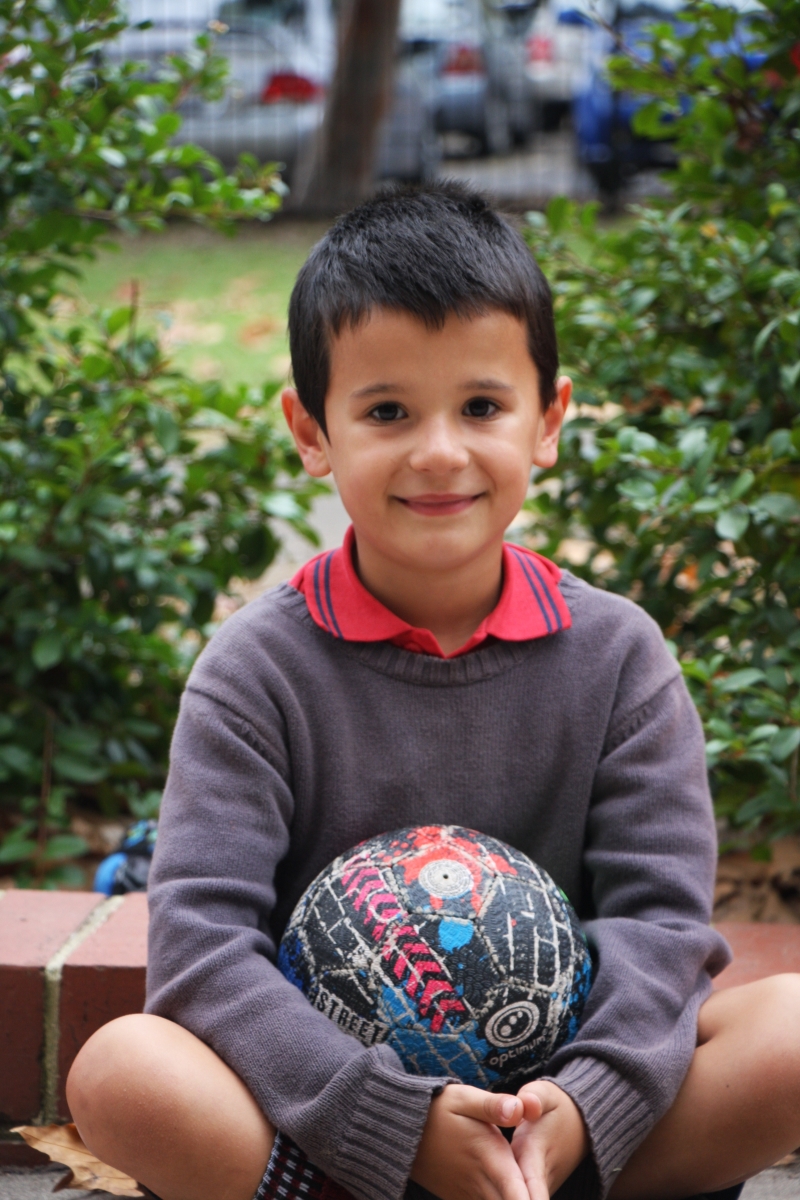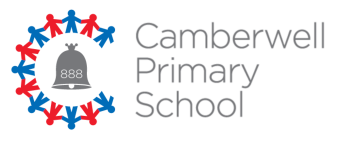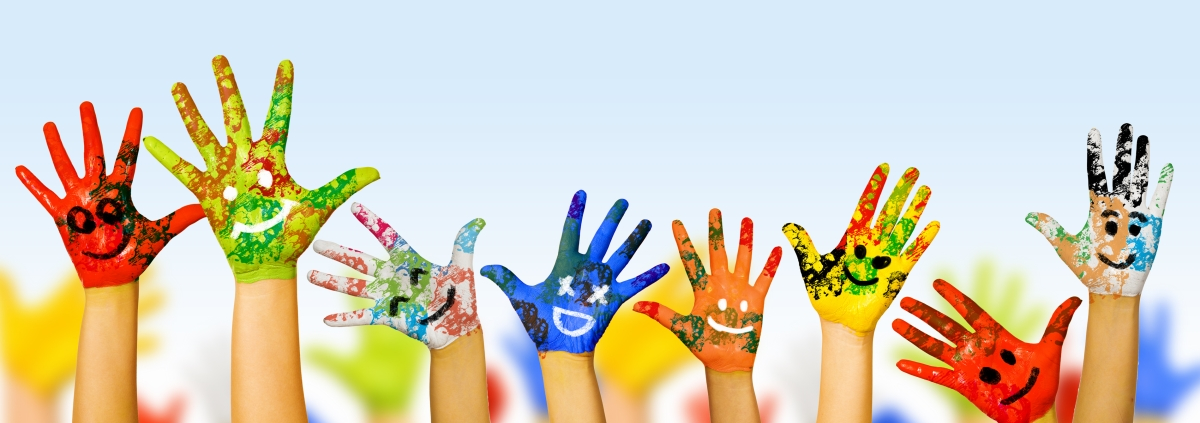Performing Arts

“Ah, music…a magic beyond all we do here!” Albus Dumbledore from Harry Potter and the Philosopher’s Stone.
At Camberwell Primary School we run an engaging, hands-on Performing Arts program that develops each student in the areas of music, dance and drama.
In the lower primary years, students are introduced to music by developing their singing voice – the most important, personal instrument which is key to music literacy. Students also explore beat, rhythm and the use of barred instruments though the Kodaly and Orff music methodologies.
In the middle years, student continue to develop their musical skills when introduced to the recorder.
In the upper primary years, music continues to use classroom instruments focusing on composition using iPads and written music notation. Students in Year 5 and 6 also learn to play the ukulele and have the opportunity to audition for the school musical which is run biannually.
All students from Years 2 – 6 learn songs, choreography, script and dramatic elements. The production is performed over 2 nights in a theatre. Students also have the opportunity to be involved in the voluntary music clubs and events such as junior choir, middle choir, musical soirees, whole school events and assemblies.
Extra-curricular Music Electives
Camberwell Primary School also offers extra-curricular music electives in junior choir, middle choir, senior choir, Victorian State School Spectacular (every second year), piano and guitar.
Participating in music electives allows students to practise and develop their values of confidence, collaboration, respect, integrity, empathy and perseverance.
Music electives provide students with rich opportunities and learning experiences. Through our music electives students can:
- improve skills
- develop or refine technique
- practise playing or singing in a group
- develop confidence
- feel a sense of belonging
- take ownership for their learning
- explore their passions
- be creative
- perform for an audience
- develop and nurture a love for music
- HAVE FUN!
Physical Education

At CPS we have a full time specialist Physical Education (PE) teacher who runs our busy program of sports education, school-based events, interschool sports and students’ participation in sports district and regional level. Our sports program is as follows:
Foundation
Term 1 – Fundamental Motor Skills
Term 2 – Gymnastics, Jump Start Program Water Safety and Survival Skills
Term 3 – Athletics
Term 4 – Fundamental Motor Skills
Clinics – AFL
Junior Year 1
Term 1 – Fundamental Motor Skills
Term 2 – Gymnastics, Jump Start Program Water Safety and Survival Skills
Term 3 – Athletics
Term 4 – Fundamental Motor Skills
Clinics – Hockey, AFL
Junior Year 2
Term 1 – Fundamental Motor Skills
Term 2 – Gymnastics, Jump Start Program, Water Safety and Survival Skills
Term 3 – Athletics
Term 4 – Fundamental Motor Skills
Clinics – Tennis (Hot Shots), Dance
Middle Year 3
Term 1 – Fundamental Motor Skills
Term 2 – Gymnastics, Invasion games, Water Safety and Survival Skills
Term 3 – Athletics
Term 4 – Play with Purpose Program
Clinics – School Time Yoga
Other Events – Cross Country, Athletics Carnival and Swimming Carnival
Middle Year 4
Term 1 – Fundamental Motor Skills
Term 2 – Gymnastics, Jump Start Program, Invasion Games, Water Safety and Survival Skills
Term 3 – Athletics, Invasion Games
Term 4 – Play with Purpose Program, Volleyball
Clinics – School Time Yoga
Other Events – Cross Country, Athletics Carnival and Swimming Carnival
Senior Year 5
Term 1 – Cricket, T-ball/Softball, Lacrosse
Term 2 – Gymnastics Water Safety and Survival Skills, Invasion Games
Term 3 – Athletics
Term 4 – Sports Based Program, Volleyball
Electives – Various sports selected by students
Other Events – Cross Country, Athletics Carnival and Swimming Carnival
Senior Year 6
Term 1 – Cricket, Lacrosse
Term 2 – Gymnastics, Invasion Games
Term 3 – Athletics
Term 4 – Sports Based Program, Volleyball
Electives – Various sports selected by students
Other Events – Cross Country, Athletics Carnival and Swimming Carnival
Science
The Science program at Camberwell Primary School is taught in French from Year 1 to Year 6, and has two dedicated Science teachers to cover both the Senior and Junior Campuses. Students at Camberwell Primary School complete 50 minutes of Science per week and students are assessed against the Victorian Curriculum Achievement Standards for Science. The Science Program is organised around four key learning areas, taught in term blocks: Biology; Chemistry; Physics; and Earth and Space Science.
At Camberwell Primary School, we are proud that the Science program provides opportunities for students to develop an understanding of important science concepts and processes through a variety of investigations and experiments, following the scientific method of predicting, experimenting, observing and producing results.
The curriculum supports students in developing their scientific knowledge as well as their understanding of our culture, society and its relevance in our daily life. Students acquire the skills to make informed decisions about local, national and global issues and may be inspired to follow science related careers.
Students will experience the joy of scientific discovery and nurture their natural curiosity about the world around them. In doing this, they develop critical and creative thinking skills, challenging themselves to identify questions and drawing evidence based conclusions. The wider benefits of this “scientific literacy” are well established, including providing students the capability to investigate the natural world and changes made to it through human activity.
Finally, the use of ICT is embedded throughout the teaching and learning of Science, as students enjoy coding lessons, as well as the use of iPads and laptops in relation to their studies. Regarding cross-curriculum priorities, at Camberwell Primary School we integrate STEM (Science Technology Engineering and Mathematics) activities as part of lessons, in order for students to further develop their engagement with the real world.
Visual Arts

The Visual Arts program at Camberwell Primary School provides students with opportunities to explore a rage of different art forms and within this, a vast array of different media, tools and processes. Each year we endeavour to include the following art forms in our program:
- mark making (often introduced first, as an alternative to drawing, in order to promote successful techniques and foster children’s confidence)
- drawing
- collage
- painting
- printing
- construction
- modelling
- threads and textiles
Each year level will explore these art forms differently, in response to their artistic stage of development. At the Foundation level, units of work develop an awareness of identification and verbal description of art concepts. At Years One and Two, there is a focus on change and contrast. Throughout Years Three and Four, units of work aim to consolidate skills learnt. The focus is on the decoration and quality awareness of art concepts. Finally, at Years Five and Six, units of work extend the quality, or aesthetics of art, and develop knowledge and skills gained for special effects in expression and communication.
The program aims to build children’s confidence in their own art ability so they will continue to use art for real expression. Elements such as line, shape, colour, texture, tone and space are discussed throughout the process of art making. We identify and use descriptors to build understanding of these elements, which develops arts language. Hence, art appreciation is also part of art sessions, where we respond to our own work, the work of our peers and adult art works.
As well as a concentration on exploring media, often units of work are driven by a focus on particular artists or movements. For example a Year Two painting unit may focus on Impressionism and the work of Claude Monet. This engages students through viewing various examples of the artist’s paintings, discussing the style, mood, technique, message, audience, and any other relevant factors. Students may then use the media to explore this technique before producing a piece of artwork that demonstrates an application of their skills and understandings.
All students are formally assessed using the Victorian Curriculum. The four different assessable areas include:
- exploration and expression of ideas
- visual arts practice
- presentation and performance
- response and interpretation

